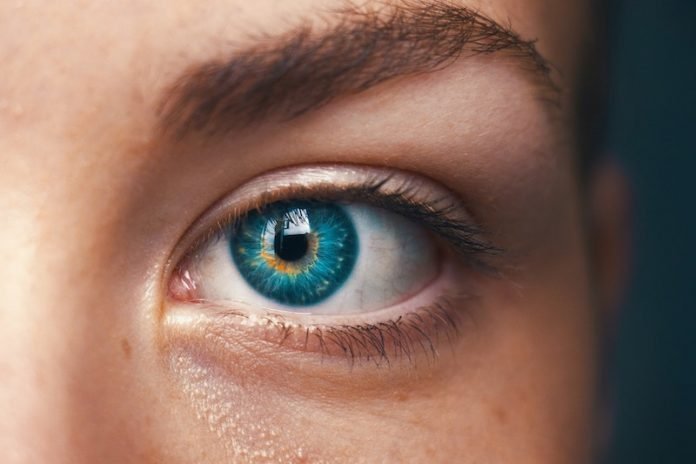
In a new study from Indiana University, researchers found new biomarkers in the eyes could unlock the key to helping manage diabetic retinopathy, and perhaps even diabetes.
During its early stages, diabetes can affect the eyes before the changes are detectable with a regular clinical examination.
However, new retinal research has found that these changes can be measured earlier than previously thought with specialized optical techniques and computer analysis.
Early detection of retinal damage from diabetes is possible to obtain with painless methods and might help identify undiagnosed patients early enough to diminish the consequences of uncontrolled diabetes.
Diabetic retinopathy, which is caused by changes in the blood vessels in the retina, is the most common diabetic eye disease and a leading cause of blindness in U.S. adults.
From 2010 to 2050, the number of Americans with diabetic retinopathy is expected to nearly double, from 7.7 million to 14.6 million.
The new study is part of the current widespread emphasis on the detection of diabetic retinopathy through artificial intelligence applied to retinal images.
However, some of these algorithms provide detection based on features that occur much later than the changes found in this study.
In the study, the team developed a new method that advances earlier detection because of the retinal image processing algorithms
They used data collected from volunteers with diabetes, along with healthy participants.
Additional data were also collected from a diabetic retinopathy screening of members of the underserved community.
The computer analysis was performed on retinal image data commonly collected in well-equipped clinics, but much of the information used in this study is often ignored for diagnosis or management of patients.
If you care about diabetes, please read studies about common drugs for inflammation may increase your diabetes risk very fast and findings of how to reverse type 2 diabetes and deadly liver disease.
For more information about diabetes and your health, please see recent studies about this sleep pill can prevent kidney damage in obesity with diabetes and results showing that this stuff in the body can protect against prostate cancer, fatty liver disease, diabetes.
The study is published in PLOS One. One author of the study is Ann E. Elsner.
Copyright © 2021 Knowridge Science Report. All rights reserved.



